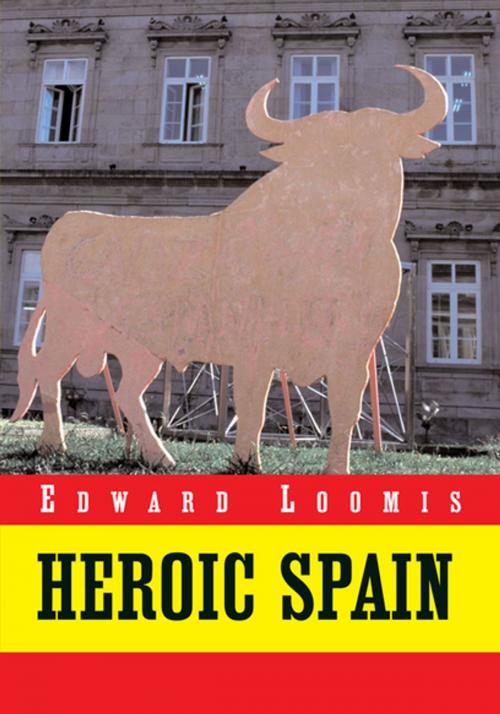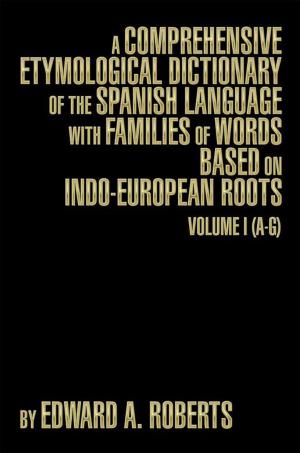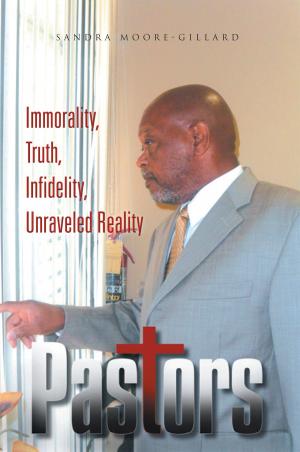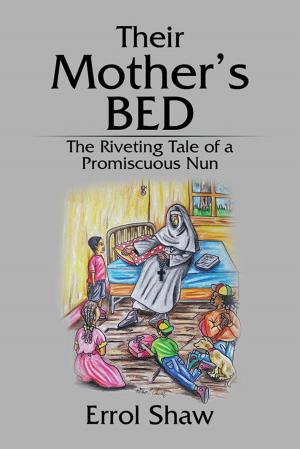| Author: | Edward Loomis | ISBN: | 9781462832163 |
| Publisher: | Xlibris US | Publication: | August 14, 2000 |
| Imprint: | Xlibris US | Language: | English |
| Author: | Edward Loomis |
| ISBN: | 9781462832163 |
| Publisher: | Xlibris US |
| Publication: | August 14, 2000 |
| Imprint: | Xlibris US |
| Language: | English |
The book tells the story of an investigator whose views change dramatically as his knowledge of Spain quite dramatically grows in the course of a few years. He comes under the influence of the Catholic Church, very directly, as an experience that repeats itself in certain holy Spanish places. This is a personal reaction. But it is a religious reaction. He accepts it as such. He comes to a better sense of the Royalist tradition in both politics and living, he feels the strength of it in Spain, and its usefulness in the day-to-day of the country. Above all, he comes to realize the beautiful way the Spanish miracle is conducting itself. The Republican Cause is everywhere triumphant. There's a new Democracy out there. As peacetime flowers, Spain is flowering. in a democracy of an ideal type. There is a benevolent king. The old country has decreed some novelty in old vessels and fabrics still stained with the blood of savage conflict, and ventured into the domain of the New, as well.
The investigator plunges into all this strangeness, and is charmed by what he finds.
In this book, the study of poets is in collaboration with the doings of a Participant Observer as in Cultural Anthropology.
At all times a true report is attempted, and editing has been drastically limited, mostly to correcting obvious solecisms or mis-steps.
The principal bias will be noticeable to any reader, it is a love of Spain and of the Spanish language and of some Spanish people.
The book tells a story--but the author of the book is not the author of the story. That comes from the way things are, in Soria and Baeza, in Seu de Orgell and Madrid, in the mountains and on the plains, and in the language left behind by the genius of this wonderful people
The book tells the story of an investigator whose views change dramatically as his knowledge of Spain quite dramatically grows in the course of a few years. He comes under the influence of the Catholic Church, very directly, as an experience that repeats itself in certain holy Spanish places. This is a personal reaction. But it is a religious reaction. He accepts it as such. He comes to a better sense of the Royalist tradition in both politics and living, he feels the strength of it in Spain, and its usefulness in the day-to-day of the country. Above all, he comes to realize the beautiful way the Spanish miracle is conducting itself. The Republican Cause is everywhere triumphant. There's a new Democracy out there. As peacetime flowers, Spain is flowering. in a democracy of an ideal type. There is a benevolent king. The old country has decreed some novelty in old vessels and fabrics still stained with the blood of savage conflict, and ventured into the domain of the New, as well.
The investigator plunges into all this strangeness, and is charmed by what he finds.
In this book, the study of poets is in collaboration with the doings of a Participant Observer as in Cultural Anthropology.
At all times a true report is attempted, and editing has been drastically limited, mostly to correcting obvious solecisms or mis-steps.
The principal bias will be noticeable to any reader, it is a love of Spain and of the Spanish language and of some Spanish people.
The book tells a story--but the author of the book is not the author of the story. That comes from the way things are, in Soria and Baeza, in Seu de Orgell and Madrid, in the mountains and on the plains, and in the language left behind by the genius of this wonderful people















